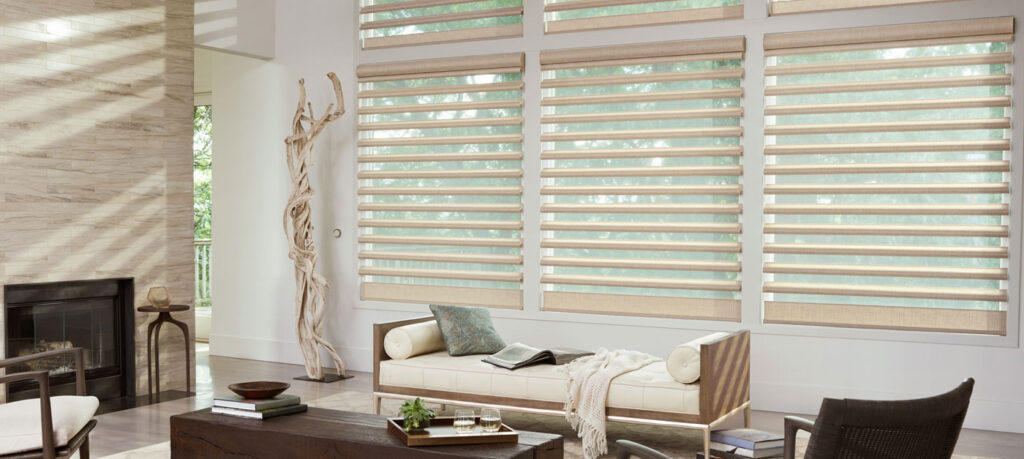Making your home more energy efficient is a good idea, not only because it saves you money, but because it also helps the environment. Some home improvements can be accomplished in one afternoon, while some larger-scale projects could take longer. Nonetheless, you won’t regret improving the energy efficiency of your home.
Follow the draft
No, we’re not talking about the NFL Draft, we’re referring to the draft in your home! Track where the draft is coming from by turning off the heating/air in order to take a walk through your home on a cool day. Turning off any noisy appliances will also help you to better look, listen, and feel critically. Where are you feeling drafts? Are there spots that need to be sealed off? Will placing draft stoppers help at doors and windows? If you want an even more extensive look at where your home is losing energy, schedule a home energy audit.
Make simple changes to your bathroom
Your bathroom is a key place to concentrate your energy-efficient activities. Installing a low flow showerhead won’t change your water pressure, but it will change the amount of water that is heated and used every day. Install a low-flow toilet to use less water, as well. If you can, put your exhaust fan and lights on separate switches so you don’t use the fan unnecessarily. Try air drying your hair, too.
Change your lighting
If you haven’t already, change out the lightbulbs in your home to CFLs or LED lights. These bulbs are more energy-efficient and last much longer than older lightbulbs. Also try to make the most of the natural light your home provides throughout the day. During warmer months when you’re not using natural light in a room, add blinds, shades, and drapes to block out the heat of the sun.
Unplug unused chargers and appliances
If nothing else, remember this rule in energy efficiency: don’t pay for energy you’re not using. Turn off lights when you leave a room, and unplug chargers and small appliances when the items are not in use. Plugged in items continue to sap energy from outlets even when not in use. Even if it’s a small amount, why pay for it? An easy way to do this is to keep all the chargers on a power strip, and turn the strip off when you leave the house. Unplug the toaster or blender as soon as you are done using it.
Keep your HVAC system in tip-top shape
Just like your car, your HVAC system will work more efficiently if it gets regular tune-ups. Most HVAC manufacturers recommend maintenance twice a year. Check filters often for cleanliness, and when in doubt, change it out. Ducts should also be cleaned every three-to-five years. Keep a journal of your maintenance to make sure you are staying on top of maintenance.
Consider making big investments in your home
When considering where to put money into your home, think about what will save you money in the long run. Energy-efficient upgrades will add to the value of your home and result in lower energy bills. Among the things you can do to your home: add or upgrade insulation, install solar panels, add a storm door, replace appliances with Energy Star, add ceiling fans, or replace older, single-pane windows with a more efficient variety.
Change how you get rid of waste
Food waste makes up a large portion of landfills, and the methane gas it creates promotes global warming. One of the best things you can do to reduce the amount of food you send to landfills is to compost. Starting a compost pile or bin isn’t as difficult as you may think it is, even for people with limited space.
Even if you don’t garden, you can still make good use of your compost by sharing it with friends, neighbors, schools and community gardens. Also pay attention to how you get rid of used oils. Throwing it down the drain will often turn into a much bigger plumbing mess for you down the road.
Use home automation to help you
Making your home more energy efficient is an intentional task and we understand how overwhelming it all can be. Remembering to unplug appliances, turning off unneeded lights, and closing the shades–not to mention getting you and your family out the door–can be tasking. But if you have any smart home automation in your house, use it to take the load off you. Spend one afternoon setting up times that your lights are on and off, or when your shades open and close, and reap the benefits.
Try these changes as soon as you can, and you will enjoy a more energy-efficient home and even experience some lower bills.
